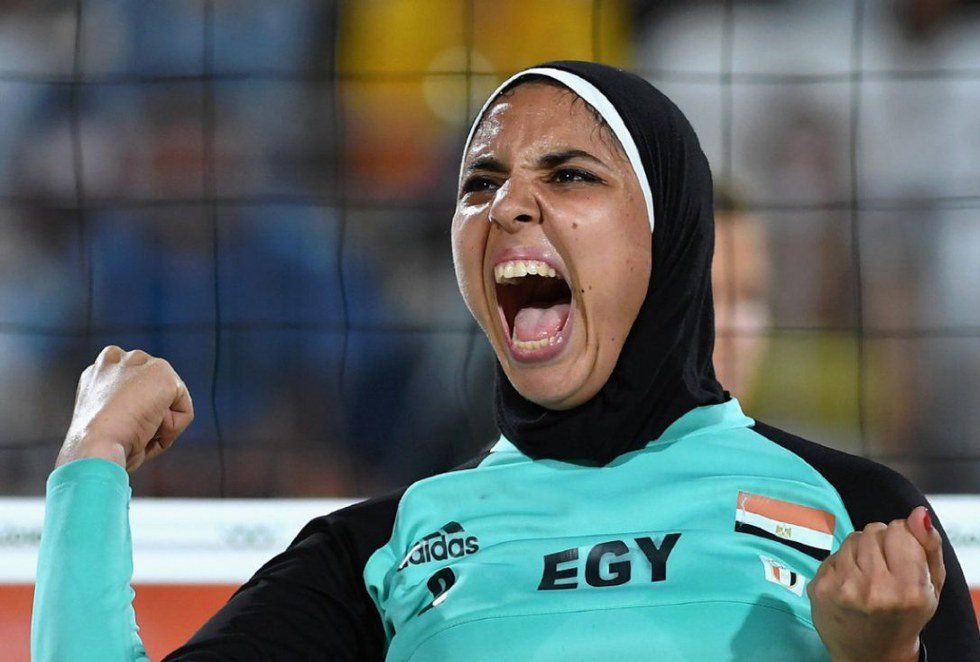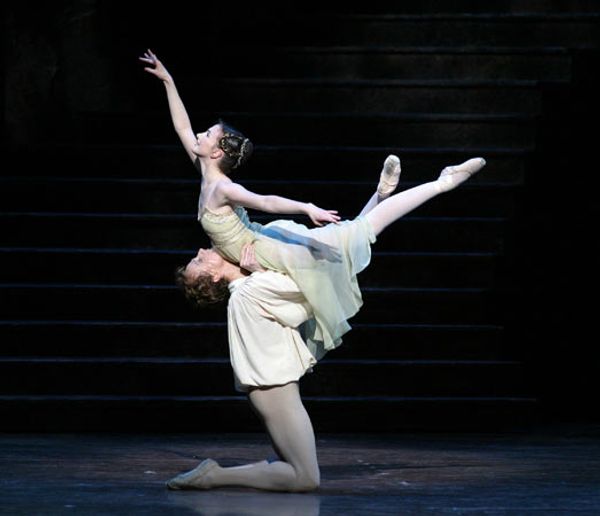We’ve all heard the stereotypes time and time again: “Hijabs are worn as a sign of oppression” or “She’s so pretty/smart/kind; she shouldn’t be forced to wear that.” Now let’s backtrack a bit. Originating from ancient verses of the Quran, the hijab, along with other forms of veiling, was said to be used as a device to shield a woman’s beauty from those who are undeserving of viewing it and to protect her from harassment. As history goes, the Ottoman Empire was taken over and the practice of veiling spread widely across the Middle East and parts of North Africa. Moving forward into the 19th century, hijabs were seen as a sort of status symbol among Muslims. Today, hijabs are worn by women throughout the Muslim community in a cultural manner as opposed to solely for Islamic practice. Sadly, because some women across the world are forced, using violent methods, to wear hijabs, they have acquired a stigmatic stain, being seen only as an oppressive hardship compacted into a thin garment. However, these badass ladies beg to differ.
The world went into a bit of a culture shock last Sunday night watching the Egypt versus Germany women’s beach volleyball match. A picture of Egypt’s Doaa Elghobashy going up against Germany’s Kira Walkenhorst highlighted the stark comparison between the women’s outfits, Walkenhorst sporting a bikini and Elghobashy in a long sleeved shirt, leggings and her hijab. Many viewers saw this as a sign of how fortunate we are to not be so oppressed, but Elghobashy was quick to shoot those comments right down. After the match, she was quoted by reporters as saying, “I have worn a hijab for 10 years. It doesn’t keep me away from doing the things I love to do, and beach volleyball is one of them.” You go girl!
America’s own Ibtihaj Muhammad is also wearing her hijab these games, and happens to be the first ever U.S. Olympian to do so. Though this women’s saber fencer is New Jersey born and raised, she is still receiving backlash from her own country for being “un-American” and for wearing such “oppressive garments." However, Muhammad has high hopes that she can do Americans some good. She was quoted by the Minneapolis Star Tribune as stating, “I’m hoping that just my presence on Team USA changes the misconceptions that people have about the Muslim community.” Moments after being eliminated from the saber competition, Muhammad recognized that, “A lot of people don’t believe that Muslim women have voices or that we participate in sport,” followed by stating, “I want to break cultural norms.” Alright Ibtihaj!
Of course these are just two of the many women participating in this year’s Olympics who are breaking societal norms and stigmas of oppression by showing that they’ve got game while choosing to honor their culture.
These women are steadfast, forceful, and determined champions of some of the world’s most trying physical feats. How they choose to dress does not determine their personal freedom.





















